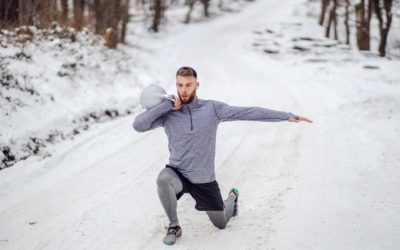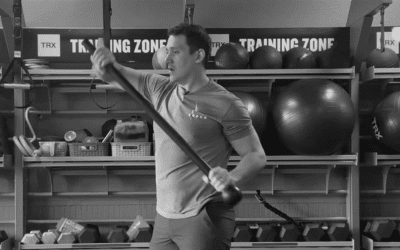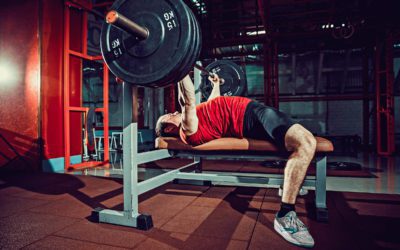32 & Lifting: Reflections on My First Powerlifting Competition
Stepping onto the powerlifting platform at 32, just 13 months post-ACL surgery, Fred Ormerod chronicles his return to competitive sports after a 14-year hiatus. From shedding over 15kg to meet weight class requirements to confronting self-doubt and embracing the supportive powerlifting community, his journey offers a candid look into the challenges and triumphs of reentering the competitive arena.
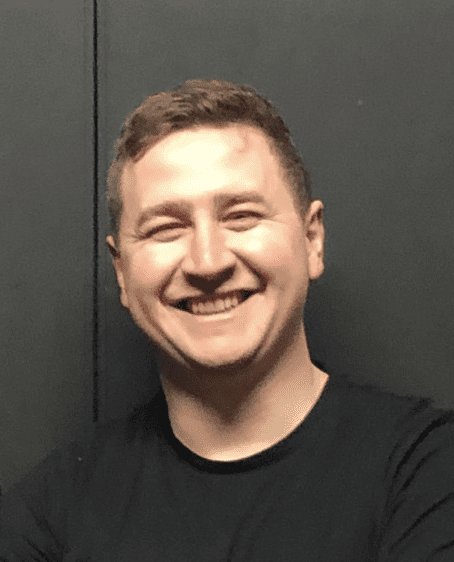
Written By
fred ormerod
Fred Ormerod is a freelance coach, army reserve medic, nurse, master’s student, and massage therapist. He’s spent a decade working in healthcare and five years coaching in one of Edinburgh’s leading training facilities.
Website
Insta
Programs
Powerlifting Comps — Not For the Soft
After a 14-year hiatus from competitive sports since my rugby days, I decided to step onto the powerlifting platform at 32.
I’ve spent years coaching and providing sports massage for athletes who’ve competed at the highest levels across various sports. The lure of testing myself competitively has always been there. When I saw the Scottish Eastern Championships were exactly 13 months after my ACL reconstruction surgery, it felt like the stars had aligned.
I initially entered the open 120+ kg category, but quickly realized I’d be far from medal contention. So, I made the perhaps foolish, but ultimately rewarding, decision to drop to the under 120 kg category. This meant not only hitting my target lifts (200kg squat, 130kg bench, 205 kg deadlift) but also dropping from 135.5kg to 119.9kg in just over two months. The goal was to make weight, put up a respectable total, and hopefully, walk away with a medal.
It was a journey of rediscovering my body, confronting my fears, and redefining what competition means to me. There were countless lonely hours spent lifting heavy in the gym, asking strangers for a spot, and weeks of disciplined eating. The week of the comp I lived on chicken breast, rice cakes, and zero-fat yogurt attempting to cut water weight. The night before the competition was a particularly memorable one — spent in a MiHigh sauna sleeping bag with two dogs on top of me, all while running on just two hours of sleep and trying to shed the last 2kg required to make weight.
Here’s a self-indulgent glimpse into my competitive PL experience.
Q: Why powerlifting? What drew you to this specific sport after so many years away from competition?
A: A combination of factors. I’m surrounded by decent level powerlifters at work. I’ve worked with national and international level strength athletes like Dean McVie and Bryan Smith and have been inspired by their efforts. I had ACL reconstruction surgery 13 months ago and wanted confirmation to myself that I’m back to full operating strength. I have a baby coming in 3 months and wanted to achieve something in fitness before then. There’s something very cool and primal about powerlifting and having coached athletes through the competitive process in Scotland, it seemed like an obvious choice for me too.
Q: What were your biggest fears or anxieties going into the competition? Were they physical, mental, or a mix of both?
A: Firstly, that my knee would disintegrate or that I would injure myself in another way, especially as I made the decision to cut weight into a smaller category. Secondly, that I would be so far off the standard as a lifter. There were some monsters at the competition I entered which was amazing to see, but I definitely felt a bit of a minnow. I had also forgotten how much “shit and shower” time competing takes from you. My mental bandwidth was entirely devoted to what lay ahead with regards to training, eating, and recovering for this competition.
Q: What was the most surprising aspect of the competition day?
A: The camaraderie. I wasn’t exactly expecting a room full of intimidating, hyper-competitive individuals, having coached at events before, but the levels of support between athletes, coaches, volunteers and judges was great. Everyone was incredibly supportive, cheering each other on. It was a really positive and uplifting environment. Also I was surprised how much I struggled to eat after weigh-in, when I thought, having cut a lot of weight to compete, I’d be starving. I think nerves and a smaller stomach surprised me.
Q: How did your body feel during training and after the competition compared to your rugby days?
A: Generally I felt ok. I normally only deadlift heavy once every 10 days or so, but the frequency of lifting heavy obviously increased closer to the comp. The fatigue on my CNS was massive, especially when combined with losing 6kg the week of the comp. I was verifiably more stupid, but luckily my clients are used to me rambling and losing track of how many reps they’ve done.
Q: What did you learn about yourself through this experience?
A: Lots of cliches run true. I am capable of a lot and will continue to grow despite multiple factors. I learned where I can find motivation though — my impending fatherhood and the threat of public embarrassment helped in some more depleted moments. It was also the first time that I’d ever had people properly doubt me: “you won’t be able to do it”, “what if you fail and hurt yourself”, “that’s too much weight to cut”, “nobody cares/you should give up”, “why are you doing this, it’s pointless toxic masculinity” were all things said to me by people I know. This became very useful fuel (and I suspect some of those things were said to me with that intent by those who know me a little better).
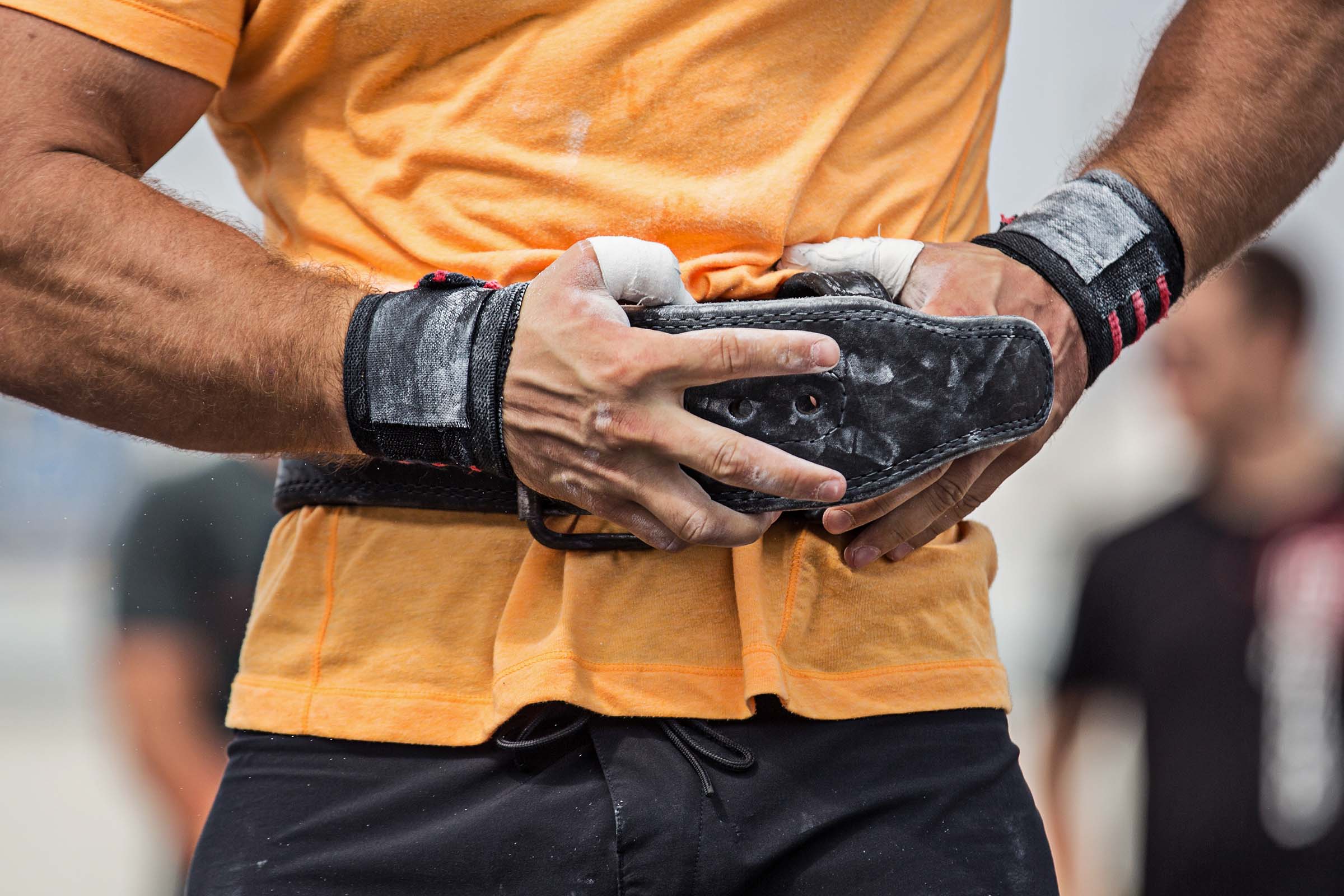
Q: What advice would you give to others considering returning to competitive sports later in life?
A: Start slow, be patient, and listen to your body, but don’t be afraid to tell it it’s wrong. Too many people ‘listen to their bodies’ and give up at the first sight of DOMS but this is such a small hurdle to stumble at when the joy of excelling is just beyond. There’s a journey to enjoy before, during and after competing. Having a goal beyond the competition, be it competing more or something else, is vital in maintaining an even mental state around training.
Q: What does “competing” mean to you now, at 32, compared to when you were 18?
A: In many ways it’s the same. I won rugby county cups as a teen and as a part of a team. In powerlifting I’m on my own predominantly in training and on the platform. But there’s a team of people cheering me on at the platform and backstage; helping put deep heat on my knees, elbows and back (basically everywhere they can in public), doing the maths for how I’m going to warm up, making sure I’ve remembered all my kit and to eat. And eat. And eat.
Q: Did you set any specific goals, and were they met?
A: I wanted to squat 200kg and deadlift over 200kg having cut weight. I ended up cutting 16kg from Christmas to March. I deadlifted 210 kg and I did squat 200 kg but I messed up reracking the weight. Which externally I’m trying to be magnanimous about but the judges have internally made my naughty list and I’m incredibly bitter. I lost a lot of sleep about it in the following days, but I’m sure it won’t affect me or my relationships for too long.
Q: What was the atmosphere like at the competition?
A: Powerful. It’s hard not to be when you’re around some verifiable beasts.
Q: Looking back, what’s the most valuable lesson you’ll carry forward from this experience — that goes beyond just the physical act of lifting??
A: I think the most valuable lesson is the importance of embracing vulnerability. Stepping onto that platform, putting myself out there, and facing my fears was incredibly vulnerable. But it was in that vulnerability that I found my strength. I learned that true strength isn’t just about physical power, it’s about the courage to be vulnerable, to push past your comfort zone, and to embrace the unknown. It’s a lesson that will benefit all areas of my life.
Final Thoughts
On balance, I’m happy with my performance. However, I’m still gutted I couldn’t get that 200kg squat on the board despite lifting it with relative ease. While I won’t be stepping back onto the platform any time soon – with commitments to coached athletes and a baby on the way, my priorities are shifting – I’m incredibly proud of putting myself in a vulnerable position where I could have failed again. This experience has reinforced that it’s in those moments of vulnerability that we truly grow.
For me this powerlifting competition was a crucible. It wasn’t just about the kilograms lifted (although it bloody was); it was about confronting the rust of years away from competing myself and rediscovering the discipline needed to push my limits. If you’re feeling the pull to return to competition, despite any doubts and years that might have passed, consider this: the act of trying, of facing the challenge, is itself a victory.
Find Your Perfect Training Plan
Sometimes all you need to reach your destination on your fitness journey is an expert guide. Look no further, we've got you covered. Browse from thousands of programs for any goal and every type of athlete.
Try any programming subscription FREE for 7 days!
Related Articles
You May Also Like...
The Ultimate Guide to Lunges: Queen of all Glute Exercises
Your glutes are the largest muscle group in your body. They’re responsible for almost everything your legs do—walking, running, jumping, squatting, lunging, and just standing upright. As far as moving through space goes, strong glutes are the bedrock of overall...
A Beginner’s Guide to Steel Mace Training
Think you’ve mastered kettlebells? Meet the steel mace — the brutal, offset weapon that forces your body into three-dimensional stability, grip work, and rotational strength. Ancient tool. Modern performance.Written Byjesse grund Jesse Grund’s passion is simple: coach...
The Best Bench Press Warm Up Strategy
We get it. You’re pressed for time in the gym. But skipping the warm up is the surest way to underperform and risk injury. This 3D approach to your bench press warm up not only allows you to lift more weight, but also ensures the long-term health of your shoulder...
The Ultimate Guide to Lunges: Queen of all Glute Exercises
Your glutes are the largest muscle group in your body. They’re responsible for almost everything your legs do—walking, running, jumping, squatting, lunging, and just standing upright. As far as moving through space goes, strong glutes are the bedrock of overall...
A Beginner’s Guide to Steel Mace Training
Author: Jesse Grund
Mace training will make you a better mover without it’s not confining you to a fixed space or predetermined range of motion. Second, it’s an offset load with 80 to 90 percent of the weight in the head. You’re also constantly having to resist rotation, which creates greater core engagement.

Want more training content?
Subscribe
For Coaches
For Athletes
About
Support
Training Lab
Access the latest articles, reviews, and case studies from the top strength and conditioning minds in the TH Training Lab!
Made with love, sweat, protein isolate and hard work in Denver, CO
© 2024 TrainHeroic, Inc. All rights reserved.
